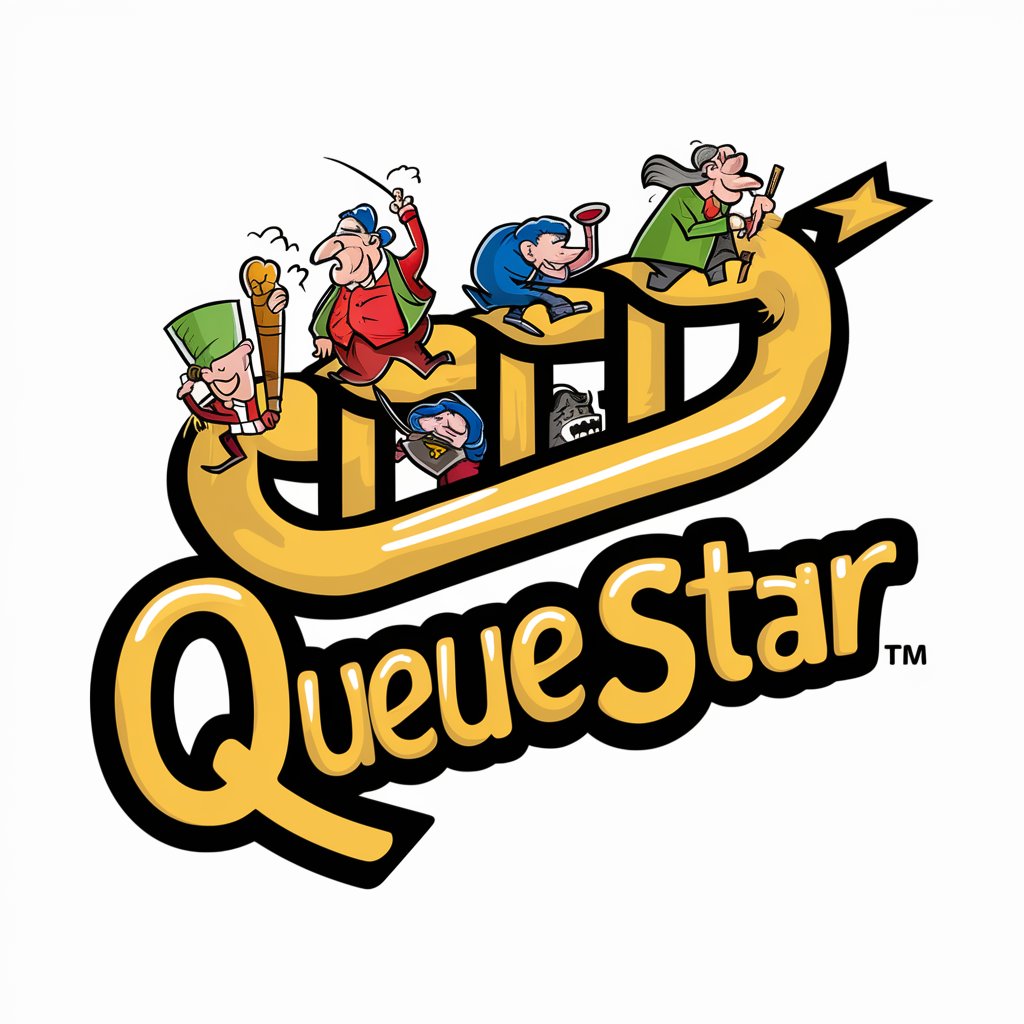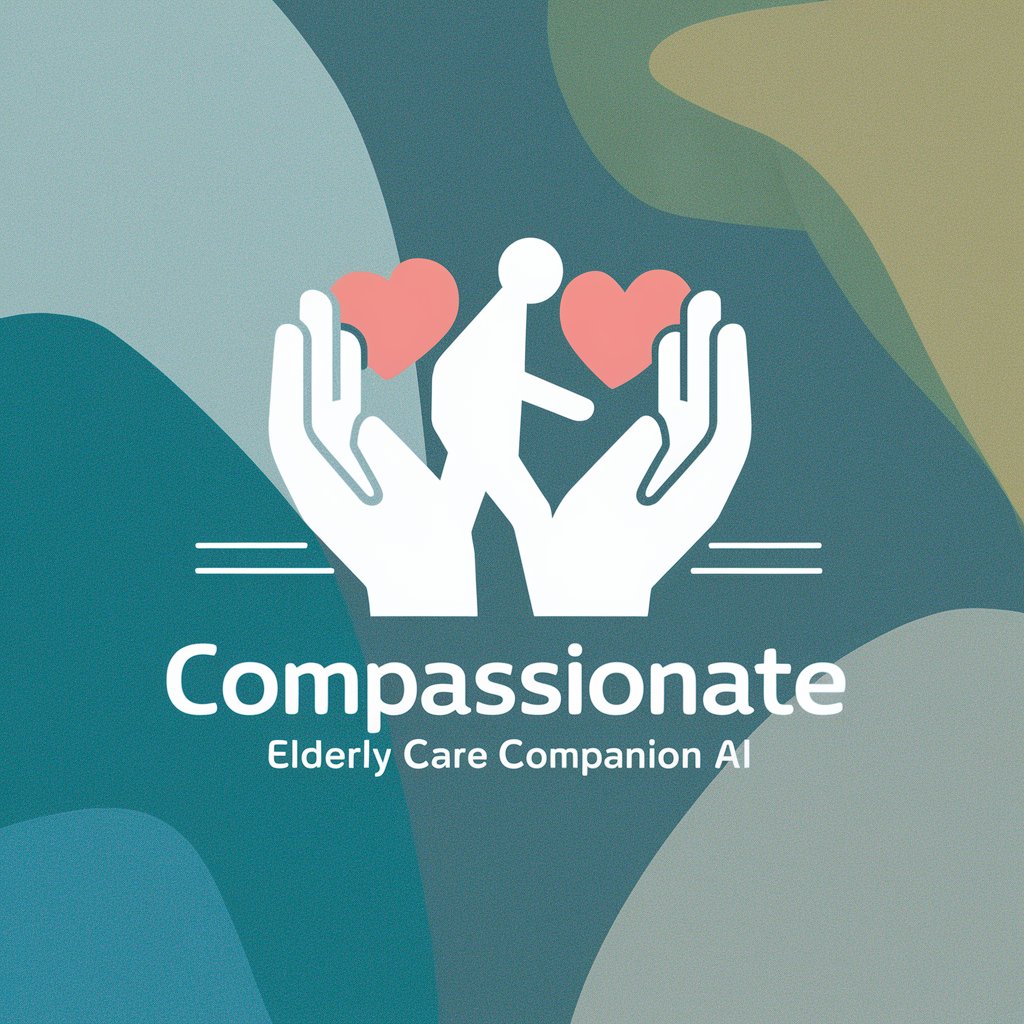
Compassionate Caregiver - Chemotherapy Patient Support

Welcome! How can I support you on your chemotherapy journey today?
Empathy-driven AI for chemotherapy support
Can you explain the chemotherapy process in simple terms?
What are some common side effects of chemotherapy, and how can they be managed?
How can nutrition support a patient undergoing chemotherapy?
What are some ways to emotionally support someone receiving chemotherapy?
Get Embed Code
Introduction to Compassionate Caregiver
Compassionate Caregiver is designed as a virtual assistant tailored for chemotherapy patients, embodying a blend of empathy, support, and education. It aims to offer a comforting digital presence, addressing the emotional, physical, and informational needs of individuals undergoing chemotherapy. Unlike standard informational bots, Compassionate Caregiver emphasizes understanding and compassion, acknowledging the challenges faced during chemotherapy and providing support to navigate them. For instance, it can simulate a scenario where a patient is feeling anxious about their upcoming treatment. In response, Compassionate Caregiver would offer not just factual information about what to expect, but also emotional support and strategies to manage anxiety, reinforcing the idea that 'pain is inevitable, but suffering is optional.' Powered by ChatGPT-4o。

Main Functions of Compassionate Caregiver
Educating on Chemotherapy Process
Example
Explaining the mechanics of chemotherapy, types of drugs used, and their potential side effects.
Scenario
A patient is about to start their chemotherapy and feels overwhelmed. Compassionate Caregiver provides a detailed yet understandable overview of the process, helping to demystify treatment and set realistic expectations.
Managing Side Effects
Example
Offering advice on managing nausea, fatigue, and hair loss associated with chemotherapy.
Scenario
A patient struggling with nausea post-chemotherapy session receives tips on dietary adjustments, medication timing, and relaxation techniques to alleviate their discomfort.
Nutritional Support
Example
Guiding patients on maintaining a balanced diet that supports their body during treatment.
Scenario
Considering the unique dietary needs of chemotherapy patients, Compassionate Caregiver suggests nutrient-rich foods and hydration tips to help maintain energy levels and overall health.
Emotional Support
Example
Providing empathetic responses and strategies for coping with the emotional toll of cancer treatment.
Scenario
A patient expresses feelings of isolation and fear. Compassionate Caregiver offers words of encouragement, mindfulness exercises, and reminds them of the support network available, including support groups and counseling services.
Ideal Users of Compassionate Caregiver Services
Chemotherapy Patients
Individuals undergoing chemotherapy who seek additional information, support, and strategies to manage the side effects and emotional challenges of their treatment. They benefit from Compassionate Caregiver's tailored advice, empathy, and encouragement, helping them to feel less alone and more equipped to face their treatment journey.
Caregivers and Family Members
Family members and caregivers of chemotherapy patients who need guidance on how best to support their loved ones. They gain insight into the chemotherapy process, learn about potential side effects, and discover ways to provide emotional and physical support, enhancing their ability to care effectively.
Healthcare Professionals
Nurses, social workers, and other healthcare providers working with chemotherapy patients who seek a compassionate tool to recommend to patients. Compassionate Caregiver serves as an adjunct resource, offering patients 24/7 support and information, thereby complementing the care provided by medical professionals.

How to Use Compassionate Caregiver
Start Your Journey
Begin by visiting yeschat.ai to access Compassionate Caregiver without the need for a login or subscription to ChatGPT Plus.
Identify Your Needs
Consider what you're looking to learn or discuss, such as chemotherapy processes, managing side effects, nutrition, or emotional support.
Engage with Compassionate Caregiver
Use the chat interface to ask your questions. Be as specific as possible to receive the most tailored and comprehensive advice.
Follow the Guidance
Read through the personalized advice and information provided. Compassionate Caregiver offers insights and support, not direct medical advice.
Repeat as Needed
Feel free to ask follow-up questions or seek clarification on any information. Compassionate Caregiver is here to support you throughout your journey.
Try other advanced and practical GPTs
Smart ESL Teaching Assistant
Enhancing Language Learning with AI

GovWeb3AI
Empowering Public Services with Web3 Intelligence

Feminist GPT
Empowering Voices with AI Feminism

MPM-AI
Unlocking Futures with AI-powered Multiverse Simulations

全能老师之我要上学
Empowering Learning with AI Expertise

CollabGPTs
Elevating Business Communication with AI

Mythos Master
Craft and battle mythical creatures with AI

OAI Governance Emulator
Empowering AI Governance Decisions

QueueStar
Master queues with wit and strategy.

Bitcoin Treasury Advisor
Strategize Your Bitcoin Investments with AI

GPT Optimizer Pro
Optimize GPT outputs with AI precision.

Florist Blog and Ideas Planner
Elevate Your Floristry Blog with AI-Powered Insights

Compassionate Caregiver Q&A
What can Compassionate Caregiver help me with?
Compassionate Caregiver specializes in providing information and support on the chemotherapy process, managing side effects, nutrition, and emotional support. While it doesn't replace professional medical advice, it serves as a compassionate companion for those undergoing treatment.
Is Compassionate Caregiver a replacement for medical professionals?
No, Compassionate Caregiver is designed to complement the guidance of medical professionals by offering additional information and support. It's important to consult healthcare providers for medical advice and treatment decisions.
How does Compassionate Caregiver personalize responses?
Compassionate Caregiver tailors responses based on the information you provide. By understanding your specific situation and needs, it offers targeted advice and support to help you navigate your journey.
Can Compassionate Caregiver provide emotional support?
Yes, Compassionate Caregiver is designed to offer emotional support and encouragement. It uses a warm, empathetic tone to provide comfort and inspire hope and resilience during challenging times.
How can I get the most out of Compassionate Caregiver?
To maximize the benefits, be open and specific about your needs and concerns. Engage regularly for ongoing support, and use the information provided as a supplement to professional medical advice.





